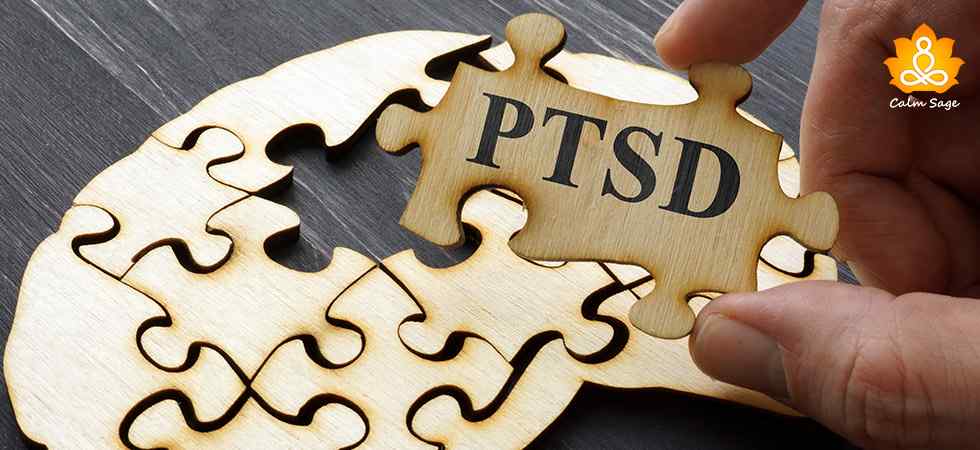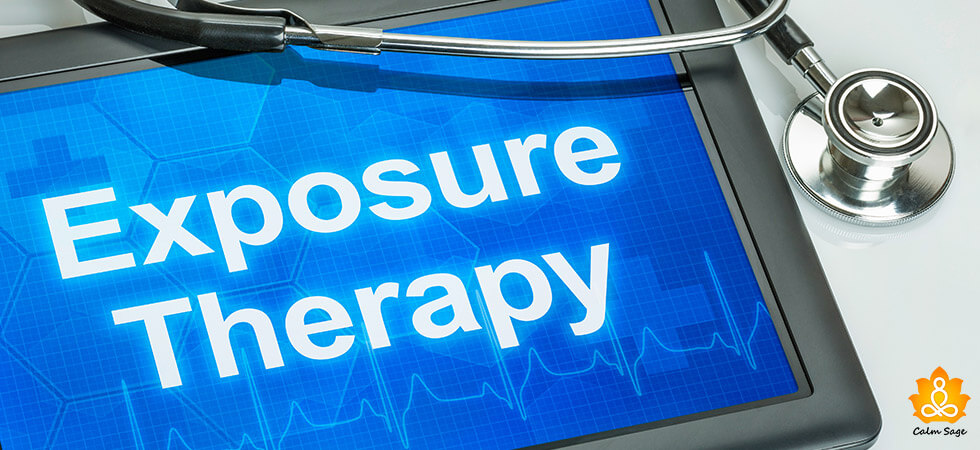Understanding PTSD and its Connection to Other Mental Health Disorders

Post-traumatic stress disorder or PTSD is a serious yet complex mental health disorder that can impact a person who has witnessed, experienced, or survived a traumatic event. While PTSD can be quite challenging to navigate, it’s important to understand that this mental health condition often coexists with (or is influenced by) other conditions and mental health disorders.
PTSD often follows symptoms such as intrusive and unwanted thoughts, avoiding events, people, or places that remind you of the trauma, and other physically distressing symptoms such as muscle aches and chronic pain.
Various studies over the years have concluded that PTSD may be caused by genetics but can also be caused by other contributing factors such as;
- Physical or sexual abuse
- Emotional or psychological abuse
- Discrimination
- Car accidents, natural disasters, and more
In this blog, however, we’re focusing on the co-occurring mental health conditions with PTSD and what relationship these conditions share with PTSD.
PTSD And Mental Health Disorders

1.PTSD And Anxiety Disorders
The disorder that you can find most frequently overlapping with PTSD is anxiety disorder. More often than not, this disorder manifests as generalized anxiety disorder (GAD), panic disorder, or specific phobias. The fear and hyper-alertness that one experiences during anxiety attacks can be characteristic of PTSD and can interfere with daily life.
In an old study, it was found that at least 40% of veterans with PTSD also reported GAD. Some of the common symptoms that PTSD and anxiety disorders share can include;
- Avoiding triggers of trauma
- Hypervigilance
- Experiencing panic attacks
- Severe emotional and mental distress
2.PTSD And Depression
Depression and PTSD often go hand in hand. The emotional distress of trauma can cause extreme sadness, hopelessness, and loss of interest in enjoyable activities. The intrusive thoughts and frequent flashbacks experienced during PTSD can also contribute to the worsening of depressive symptoms.
Studies have found that half of the people with PTSD often report depression as a coexisting disorder. Also, people with PTSD, at some point in life, are highly likely to develop major depressive disorders.
The common symptoms that depression and PTSD share can include;
- Depressed mood
- Low motivation
- Extreme fatigue
- Experiencing numbness
- Anhedonia
- Social isolation and loneliness
3.PTSD And Substance Use Disorders
Another common mental health disorder that can be associated with PTSD can include substance use disorder. SUDs co-occur with PTSD when a person turns to substances as a coping mechanism to numb the distressing feelings or escape from intrusive thoughts. However, using substances can worsen PTSD symptoms.
In studies, it has been reported that almost 50% of people with PTSD are at risk of developing SUDs.
4.PTSD And Dissociative Disorders
Dissociative disorders such as dissociative identity disorder and dissociative amnesia can also be linked with PTSD, especially in the cases of childhood trauma. For many people, dissociation acts as a defense mechanism that allows them to disconnect from reality and their painful memories. The episodes of dissociation can complicate the diagnosis and even hinder the treatment.
5.PTSD And Sleep Disorders
Another common mental health disorder that can be associated with PTSD can be a sleep disorder. People with PTSD often find it hard to get a good night’s rest because of the nightmares, insomnia, and night terrors. Disturbance in sleep is one of the most common complaints people with PTSD make. Sleep disorders, further, can worsen emotional distress and cause you to falter in your daily functioning.
6.PTSD And Borderline Personality Disorder (BPD)
People with borderline personality disorder also often show symptoms that can be common with PTSD such as emotional dysregulation, impulsive actions, and self-destructive behaviors. Childhood and teenage trauma can contribute to the development of BPD as well as PTSD.
In a study, it was found that almost 40% of people who had experienced childhood sexual abuse or similar were diagnosed with BPD and PTSD.
Common symptoms shared by PTSD and PBD can include;
- Anger issues
- Impulsivity
- Dissociation
- Obsessive-compulsive thoughts
- Suicidal thoughts
Wrapping Up
Various studies over the years have shown that PTSD and mental health disorders share a link. The most common mental health disorders that can be associated with PTSD include;
- Anxiety disorders
- Depression
- Substance use disorders
- Borderline personality disorder
- Sleep disorders
- Dissociative disorders
If you or your loved one has experienced trauma and are diagnosed with PTSD or complex PTSD, then know that with the right intervention and treatment, it can be treated. Depending on the symptoms, intensity, and frequency, the treatment options can include either talk therapy with a trauma-informed counselor, medications, or a combination of both along with self-care strategies.
Therapy options that can help treat PTSD can include;
- Cognitive-behavioral therapy (CBT)
- Prolonged exposure therapy
- Trauma-focused CBT
- Eye Movement Desensitization and Reprocessing therapy (EMDR)
- Psychodynamic therapy
While PTSD can be a debilitating mental health disorder, it’s important to understand the interconnectedness the disorder shares with other mental health conditions. Knowing the relationship between PTSD and mental health disorders can help guide you to understand how the treatment for PTSD can work to help you.
By addressing the co-occurring conditions with PTSD, you can improve the quality of your life, build resilience, and even improve your overall well-being. Please know that seeking help from a professional can help you untangle the complexities of PTSD and lead a happy, healthy life.

Great for a large network of licensed therapists
-
$60 to $90/week, billed every 4 weeks
-
Therapy via messaging, phone, or live video chat
-
Flexible cancellation at any time
20% off your first month

Great for CBT Based therapists
-
$40/week, billed every 4 weeks
-
Therapy via messaging, phone, or live video chat
-
Specialization for CBT based Therapy
20% off your first month

Best for Treatment Plants
-
$60 to $90/week, billed every 4 weeks
-
Therapy via messaging, phone, or live video chat
-
Flexible cancellation at any time
$100 off your first month with code SPACE
I hope this article helped you understand what conditions are associated with PTSD. Let me know what you think about the article in the comments below.
Take Care!




















